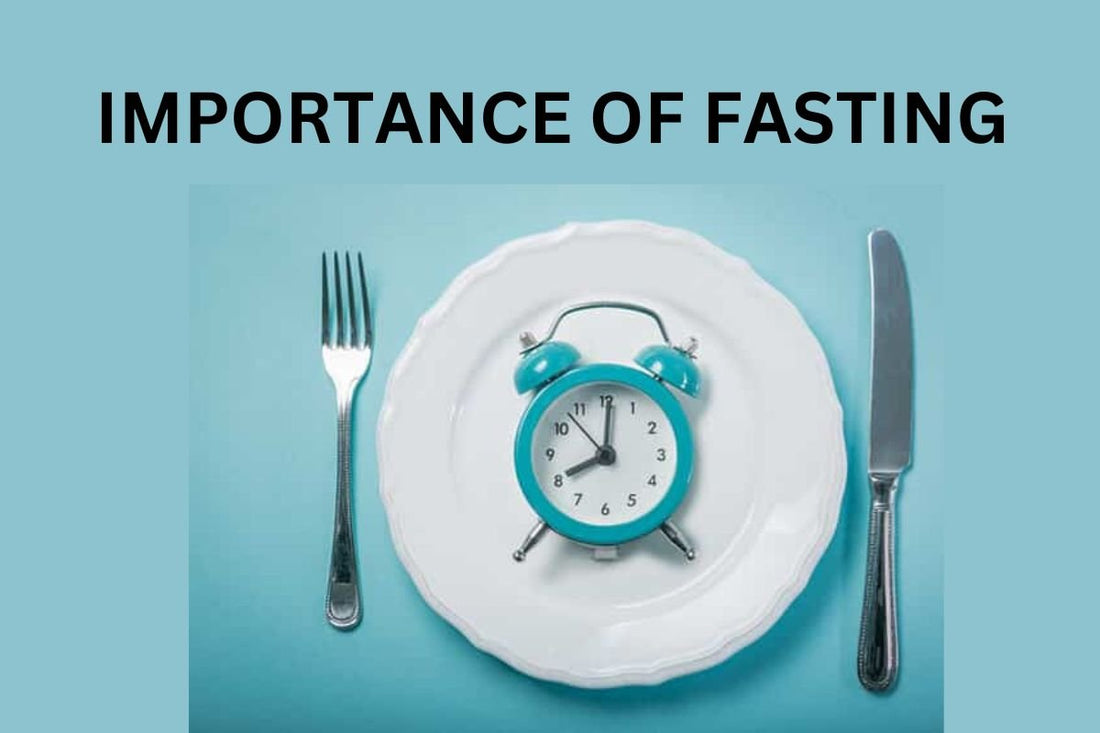
Importance of Fasting in Ayurveda
IMPORTANCE OF FASTING
To begin with, the culture of fasting has a history of more than a millennium. This involves a colossal amount of theoretical knowledge with a practical bandage. Certainly, the Father of Medicine - Hippocrates along with The Indian Vaidyas have shown an immense amount of interest in this method.
That being said presently we would be discovering the outline of this entire routine concerning Ayurveda.
Fasting could be coupled with Langhan which is one of the mainstream processes of Ayurveda that comprises the Daivyavapashraya therapy. The characteristic purpose of this therapy is to align the soul, mind and body.
Langhan is an act of virtue, a cycle which maintains a healthy gut flora and provides energy to the body as well as the tranquility of the mind.
From ancient times, Fasting had been promoted as an act of Hinduism and Buddhism's fundamental practice. Different from that era forthwith Fasting has come into the game due to the unhealthy and sedentary lifestyle. In addition, irregular dietary habits and disturbed sleep cycles lead to the instability of our daily metabolic activities that ultimately result in disease/ disorder.
Myth: only those who suffer from obesity are advised to do fasting.
Fact: every individual should opt for fasting for a disease-free spirit.
(Though there are certain rules and regulations according to Prakriti that need to be addressed.)
What to eat during fasting if you encounter weakness or dehydration?
- A handful of raisins, soaked figs, and coconut water allows deep cleansing of the gut and purification of blood along with electrolytic balance.
- Intake of small quantities of milk twice a day might help those who do not suffer from lactose intolerance and chronic acidity issues.
- An ample glass of vegetable juice is all that you need to pull you through the day.
While Fasting a certain amount of abdominal pain and discomfort might occur which needs to be treated with Basti, (Enema). For this purpose initially, the use of lukewarm water is suggested and after that, the regular water enema would be done for the next few weeks.
- Light hand massage during fasting is recommended that allows the smooth flow of blood in that body.
- Dryness in the mouth due to decreased amount of liquid intake might agitate the individual and hence water with lemon squeezed in it should be taken at regular intervals to maintain the fluid balance.
Ending the fast in an orderly manner is also a vital aspect that includes the prior intake of liquid food such as milk, lentil soup or juice, etc. Also, something solid should be eaten in Sansarjan karm order.

Reviewed By
Dr. Sapna Kangotra
Senior Ayurveda Doctor


